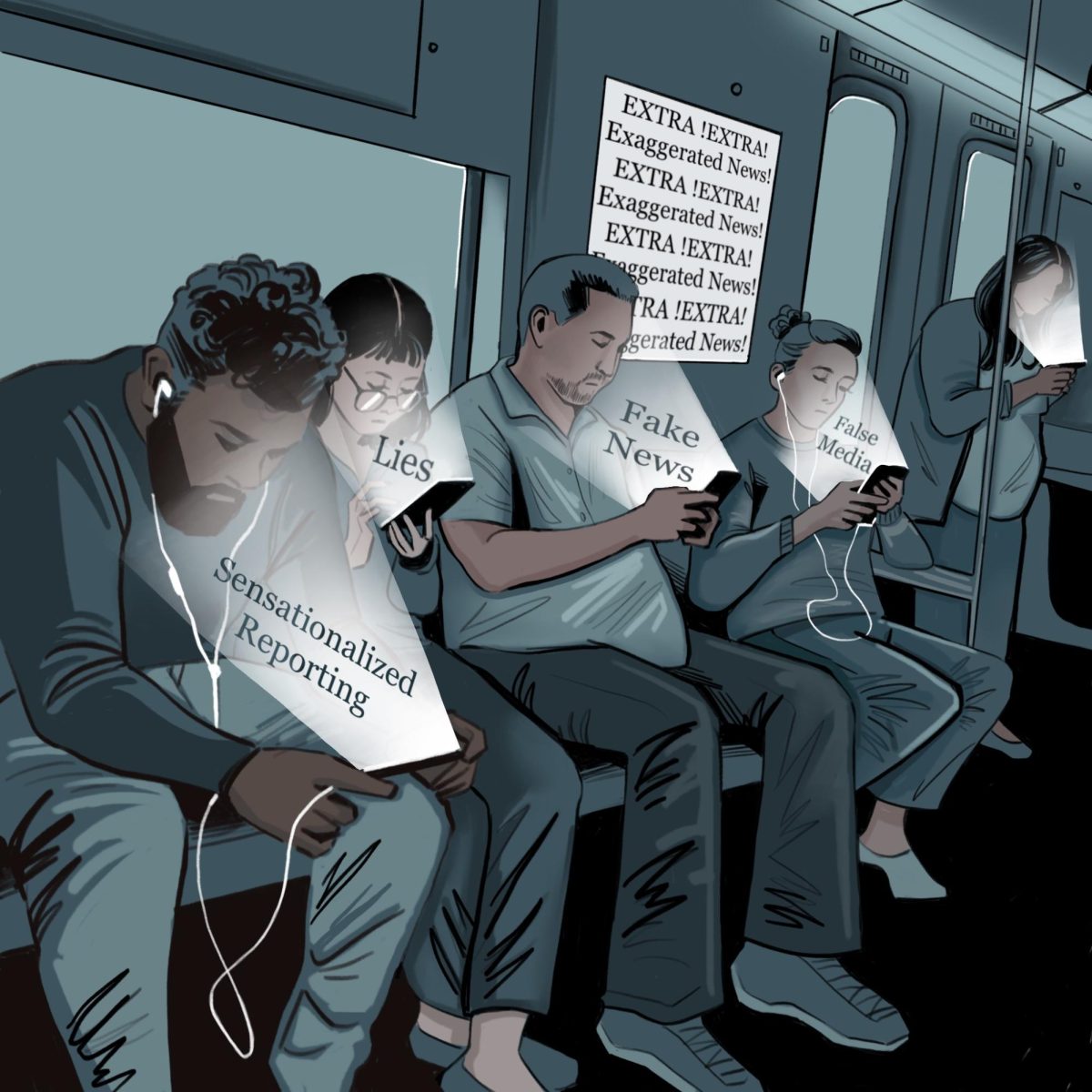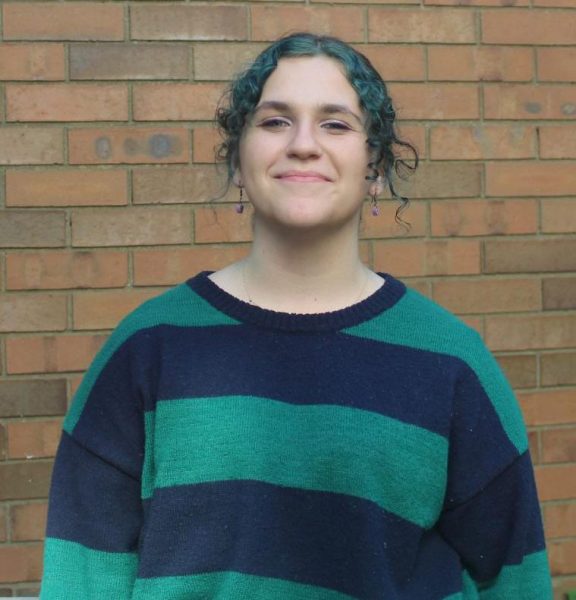Depressive disorder is summarized by the World Health Organization as “a depressed mood or loss of pleasure or interest in activities for long periods” This definition, while it may be accurate, does not do justice to the struggle and difficulty that comes with managing it.
From the time I was thirteen I had experienced and been diagnosed with depression, it made me feel broken and unfixable. I felt different because no one around me felt what I felt. I struggled to get out of bed and when I did manage to, all I wanted to do was get back into bed and pretend like the world around me didn’t exist.
As the definition states, you lose interest in things for an extended period, which is true. But, there’s so much more to it than that. It feels like a sick joke when you go to pick up that pencil and draw like you used to only to feel like a failure, like you’re being punished for doing the one thing that used to make you happy. When you go to do something else you realize, it wasn’t just one thing. Your whole life becomes dull. Nothing seems to bring you joy anymore. That book you were reading now seems uninteresting. Your friends who you used to be with every day are hard to hang around with because when you do, you feel like there’s a 100-pound weight on your chest, so you stop seeing them.
It’s self-sabotage that makes depression so difficult to deal with because half of the time you don’t even realize you’re doing it. You start to push people away because they tire you out, or you feel like they don’t want you around them. Then you self-loath for being lonely: it’s a never-ending cycle of wanting someone to be there for you, getting tired easily, and then cutting contact with them because of it. So eventually, you catch yourself in this cycle and isolate yourself altogether, and you make yourself think it’s better for you. You may feel there’s no need to talk to anyone anymore, you did this to yourself, so who would even listen?
Often when I tell the story of how I felt, I will hear people ask, “Why didn’t you talk to someone sooner?” In society, people view this discussion as a taboo topic and will veer away from any uncomfortable conversations similar to this. It’s hard to talk about because people will tell you “You’re just being dramatic.” People like that are what turned me away from speaking about how I felt for so long. I felt stupid for having these feelings and thoughts. However, reaching out to someone even when it was hard was the best thing I could have done for myself.
Talking to someone about how you feel can greatly increase your mental health. According to American Family Physician, people may overcome false thoughts about themself that may lead to depressive moods and behaviors through the use of cognitive therapy.
When I first started going to therapy I didn’t want to talk about anything because I didn’t believe I was fixable. I felt like something inside by brain was permanently broken, and there was no use of even trying to get better. I was so used to the continuous feeling of depression and every time I tried to get better by “having a positive attitude” I would spiral back. Because ultimately, I was just avoiding the problem instead of facing it head on. But eventually, I started to open up to my therapist because even if I just sat there in silence I never felt judged. She proved to me that she did want to help me. After I realized she actually did care and would listen, I started to recover.
Through fall and winter people, myself included, start feeling this prolonged sadness. It’s always important, but especially during the chillier times to stay talking to someone. It doesn’t have to be a therapist but people tend to not see others as often due to the cold, so forcing yourself to go see people can help avoid going into a depressive state. Depression may not be fixable, but it can be avoided if you work together with someone.





